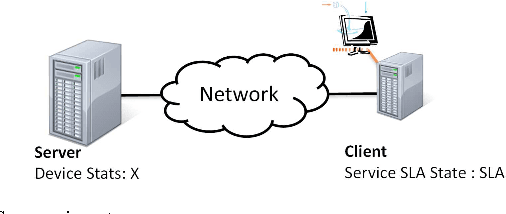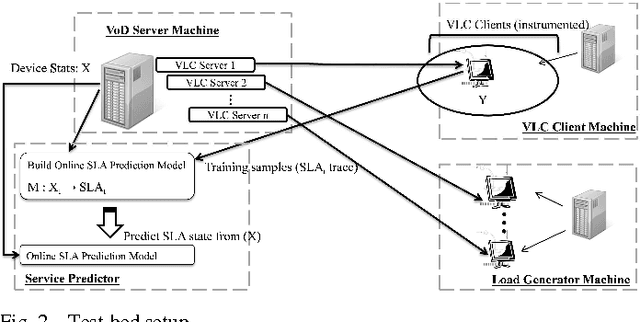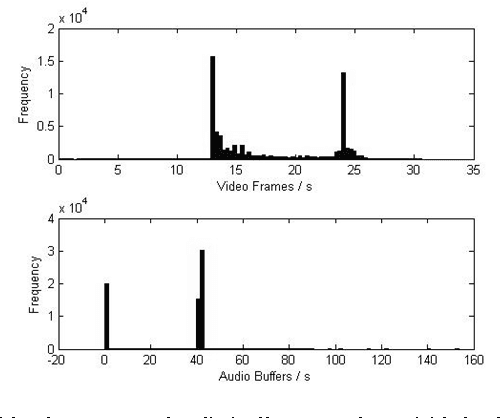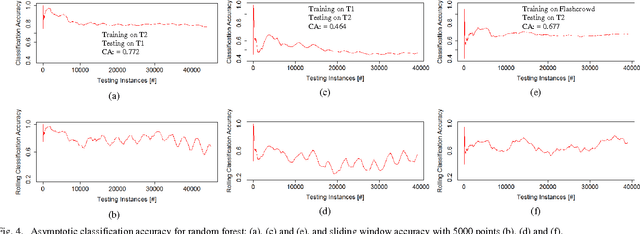Jawwad Ahmed
Using fine-tuning and min lookahead beam search to improve Whisper
Sep 19, 2023



Abstract:The performance of Whisper in low-resource languages is still far from perfect. In addition to a lack of training data on low-resource languages, we identify some limitations in the beam search algorithm used in Whisper. To address these issues, we fine-tune Whisper on additional data and propose an improved decoding algorithm. On the Vietnamese language, fine-tuning Whisper-Tiny with LoRA leads to an improvement of 38.49 in WER over the zero-shot Whisper-Tiny setting which is a further reduction of 1.45 compared to full-parameter fine-tuning. Additionally, by using Filter-Ends and Min Lookahead decoding algorithms, the WER reduces by 2.26 on average over a range of languages compared to standard beam search. These results generalise to larger Whisper model sizes. We also prove a theorem that Min Lookahead outperforms the standard beam search algorithm used in Whisper.
Predicting SLA Violations in Real Time using Online Machine Learning
Sep 04, 2015



Abstract:Detecting faults and SLA violations in a timely manner is critical for telecom providers, in order to avoid loss in business, revenue and reputation. At the same time predicting SLA violations for user services in telecom environments is difficult, due to time-varying user demands and infrastructure load conditions. In this paper, we propose a service-agnostic online learning approach, whereby the behavior of the system is learned on the fly, in order to predict client-side SLA violations. The approach uses device-level metrics, which are collected in a streaming fashion on the server side. Our results show that the approach can produce highly accurate predictions (>90% classification accuracy and < 10% false alarm rate) in scenarios where SLA violations are predicted for a video-on-demand service under changing load patterns. The paper also highlight the limitations of traditional offline learning methods, which perform significantly worse in many of the considered scenarios.
 Add to Chrome
Add to Chrome Add to Firefox
Add to Firefox Add to Edge
Add to Edge